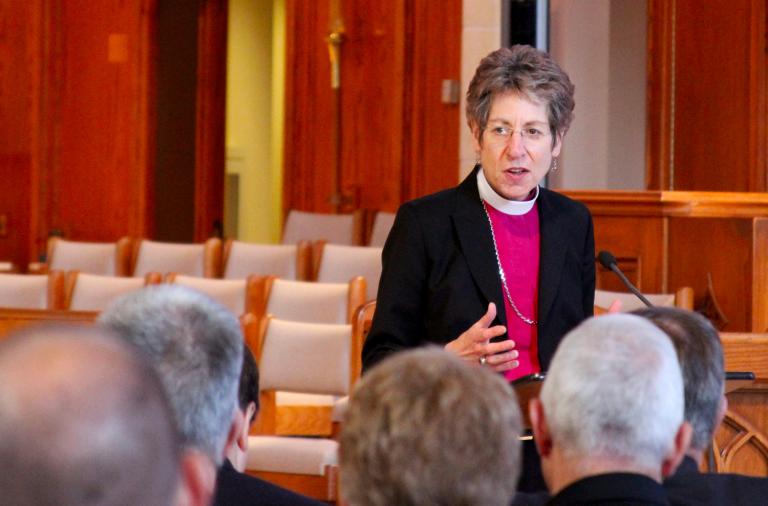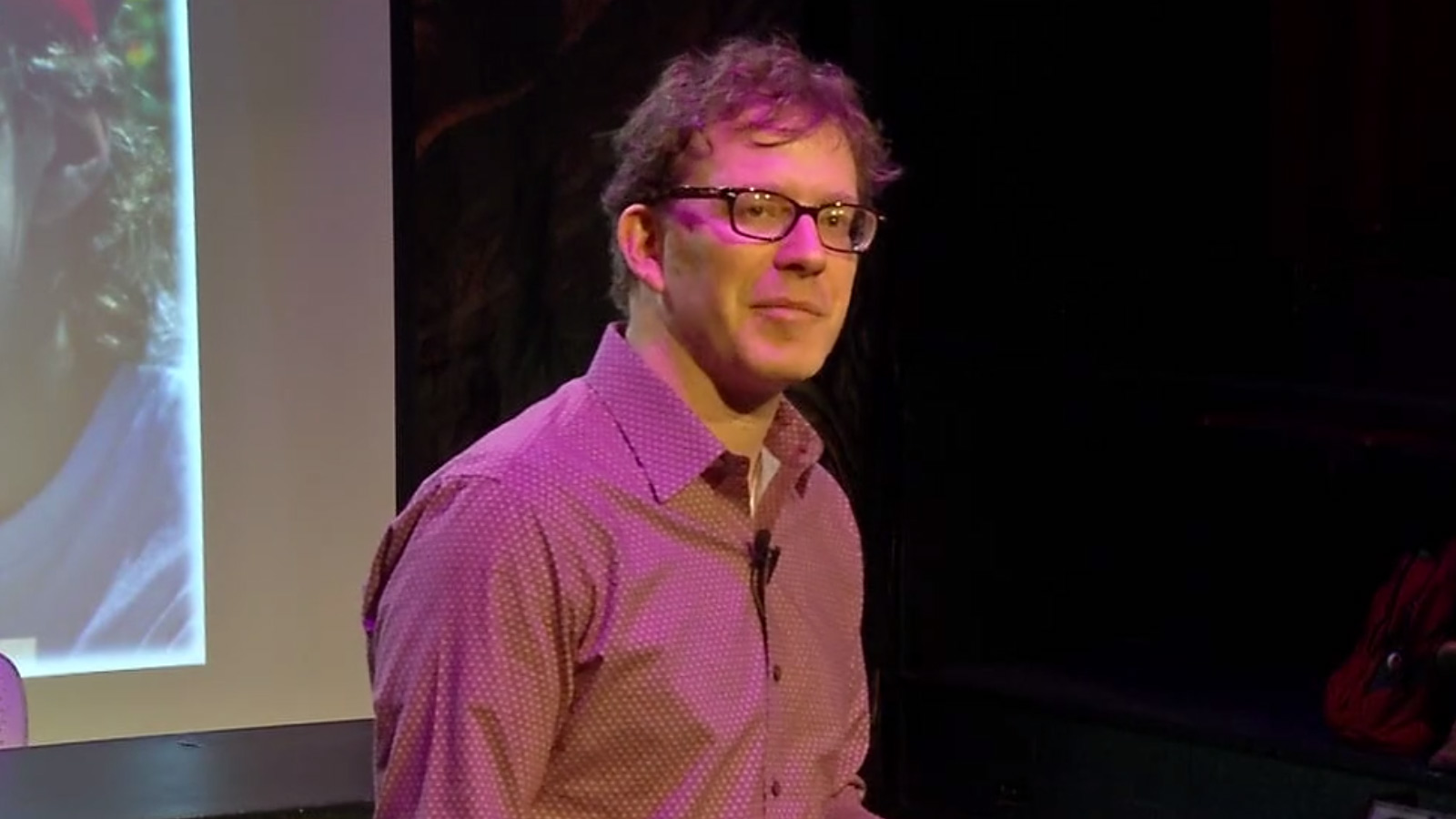It’s going to be a big year for the climate, with a major global summit in Paris this fall and the U.S. presidential campaign heating up. Stakes are high, expectations are middling, and anyone who works in this field is walking around with a mixture of Dread, Fatigue, Commitment, and Curiosity (look for that telltale DFCC expression on our faces).
While it’s easy — and necessary — to focus on these urgent short-term happenings, I’ve been thinking a lot lately about the longer term. I actually see a ton of promising trends in the world; I delivered a talk recently in Florida (watch it above) that identified four leapin’-lizards developments we’re keeping an eye on at Grist:
- People are taking energy into their own hands. With the costs of renewable energy plummeting and people increasingly expecting to have more choices in the marketplace, we’ll be seeing a new landscape of affordable, app-controlled power supplies on the rise.
- Our food system is changing. Where food is grown, who’s growing it, and how they’re growing it: everything is up for grabs. “Regenerative agriculture” sounds like a boring chapter in a college textbook, but this practice of thoughtfully replenishing soil is a technique that could literally change the world.
- Companies are thinking differently. Instead of producing stuff that’s made to have a short life and then be thrown away, leading companies like Philips, Apple, and H&M are putting a premium on more sustainable designs, materials, and processes.
- A new American dream is on the rise. During the 20th century, the promise of a chicken in every pot turned into the expectation of a Cadillac in every garage — but a shift is underway, one that prizes community, sustainability, and experiences over materialism. Slowly but surely, this way of thinking is taking hold, especially with younger generations.
These trends are real, they’re happening now, and they’re going to help build what we like to call “a future that doesn’t suck.” The power of individuals and communities to make change is obvious — we just have to demand leaders who think the same way.



